Introduction to Chemical Injection
The Significance of Chemical Injection in Oil and Gas Operations
Chemical injection plays a crucial role in oil and gas operations. It enhances production efficiency and prolongs equipment life. Additionally, it helps prevent corrosion, reduce scaling, and manage the emulsion of oil and water.
Overview of Chemical Injection Processes
Chemical injection processes involve precise dosing systems. Operators inject chemicals directly into wells and pipelines. This method ensures optimal performance and protects infrastructure. Furthermore, these processes vary significantly, tailored to specific field requirements and operational challenges. Each approach focuses on maximizing recovery and minimizing operational costs.
Parameters of Chemical Injection
| Имя | Pipeline Перо для впрыска химикатов Sampling System |
| Материал | Нержавеющая сталь 304、Нержавеющая сталь 316、DSS F51、Углеродистая сталь A105N、Инконель 625 |
| Рабочая температура | -20±120 |
| Особенность | 1. Простота в эксплуатации |
| 2. Long Life and High Accuracy | |
| 3. Высокая эффективность, низкая стоимость | |
| Уплата | ТТ/ЛК |
| Преимущество | Во-первых, они легкие и гибкие. |
| Во-вторых, приятная эффективность впрыска. | |
| Наконец, точное отслеживание местоположения. |
Модель выбора
| Модель | ||||||||||||||||||||||||||||
| СИ | Игла для инжектора химикатов | |||||||||||||||||||||||||||
| -Код | Затычка | |||||||||||||||||||||||||||
| Пх | Тип | Материал | Запечатывание Материал | |||||||||||||||||||||||||
| 0 | Нет запроса | 0 | КС | 0 | Нет запроса | |||||||||||||||||||||||
| 1 | Полый Корпус вилки | 1 | 316SS | 3 | СХД | 1 | Уплотнительное кольцо из витона / первичная набивка из ПТФЭ | |||||||||||||||||||||
| 2 | Прочный корпус вилки | 2 | 316ЛСС | 4 | ИНКОНЕЛЬ | 2 | HNBR | |||||||||||||||||||||
| –Код | Инжекторная гайка | |||||||||||||||||||||||||||
| Нхх | Размер соединения | Материал | ||||||||||||||||||||||||||
| 0 | т.е. нет запроса | 0 | i.e. CS | |||||||||||||||||||||||||
| 1 | т.е. 1/4" | 1 | т.е. 316SS | 3 | т.е. DSS | |||||||||||||||||||||||
| 2 | т.е. 1/2" | 2 | т.е. 316LSS | 4 | т.е. ИНКОНЕЛЬ | |||||||||||||||||||||||
| –Код | Инъекция Тюбик | |||||||||||||||||||||||||||
| Схх-Лк" | Размер соединения | Материал | Сопло | Размер линии (x") | ||||||||||||||||||||||||
| 0 | Нет запроса | 0 | КС | 0 | т.е. нет запроса | Наиболее эффективное положение для впрыска обычно находится в центре трубы | ||||||||||||||||||||||
| 1 | т.е. 1/4" | 1 | т.е. 316SS | 1 | т.е. открытый | |||||||||||||||||||||||
| 2 | т.е. 1/2" | 2 | т.е. 316LSS | 2 | т.е. перо | |||||||||||||||||||||||
| 3 | т.е. DSS | 3 | i.e. Cap & Core | |||||||||||||||||||||||||
| 4 | т.е. ИНКОНЕЛЬ | |||||||||||||||||||||||||||
| –Код | Ниппель и клапан (или конец фланец) тройника | |||||||||||||||||||||||||||
| Тхх | Размер соединения | Материал | ||||||||||||||||||||||||||
| 0 | т.е. нет запроса | 0 | i.e. CS | |||||||||||||||||||||||||
| 1 | т.е. соска 1/4" | a | т.е. 1/4"ниппель и клапан | 1 | т.е. 316SS | |||||||||||||||||||||||
| 2 | т.е. 1/2"Ниппель | b | т.е. 1/2"ниппель и клапан | 2 | т.е. 316LSS | |||||||||||||||||||||||
| 3 | т.е. 3/4"Ниппель | c | т.е. ниппель и клапан 3/4" | 3 | т.е. Д СС | |||||||||||||||||||||||
| 4 | т.е. 1"Сосок | d | т.е. 1"Ниппель и клапан | 4 | т.е. ИНКОНЕЛЬ | |||||||||||||||||||||||
| 5 | т.е. фланец 1/4 дюйма | e | т.е. фланец с концом ниппеля 1/4 дюйма | |||||||||||||||||||||||||
| 6 | т.е. фланец 1/2 дюйма | f | т.е. фланец с концом ниппеля 1/2" | |||||||||||||||||||||||||
| 7 | т.е. фланец 3/4"Фланец | g | т.е. фланец с ниппельным концом 3/4 дюйма | |||||||||||||||||||||||||
| 8 | т.е. фланец 1"Фланец | h | т.е. фланец с концом ниппеля 1 дюйм | |||||||||||||||||||||||||
| Например, SI-P221-N12-S122-L4"-T22 | ||||||||||||||||||||||||||||
| SI:e.g. Sampling & Injection Assembly, | ||||||||||||||||||||||||||||
| P221: например, прочный корпус заглушки в уплотнительном кольце из витона 316LSS и первичной упаковке из ПТФЭ, | ||||||||||||||||||||||||||||
| N12: например, размер соединения инжекторной гайки составляет 1/4 дюйма и Материал 316ЛСС, | ||||||||||||||||||||||||||||
| S122: например, инъекция Тюбик Размер соединения составляет 1/4" и Материал 316LSS.The type of nozzle is quills | ||||||||||||||||||||||||||||
| L4":Для трубы 4". | ||||||||||||||||||||||||||||
| Т22: Сосок Размер подключения тройника составляет 1/2 дюйма. Материал ниппеля 316ЛСС | ||||||||||||||||||||||||||||
Key Chemicals Used in the Oil and Gas Industry
Corrosion Inhibitors
Types and Mechanisms of Corrosion
Corrosion occurs in various forms, including galvanic, pitting, and crevice corrosion. Each type stems from distinct electrochemical or chemical reactions. These reactions degrade metals and compromise pipeline integrity. Understanding these mechanisms helps in selecting the appropriate inhibitors.
Role of Corrosion Inhibitors in Preventing Corrosion
Corrosion inhibitors play a vital role in protecting metal surfaces. They form a barrier that minimizes the metal’s exposure to corrosive agents. By doing so, these inhibitors significantly extend the lifespan of oilfield equipment. The product ensures operational continuity and safety.
Scale Inhibitors
Scale formation results from the precipitation of dissolved minerals in production fluids. It primarily affects pipes and valves, leading to blockages and reduced flow. Consequently, the scale can severely impact operational efficiency and increase maintenance costs.
Functions and Applications of Scale Inhibitors
Scale inhibitors prevent the deposition of scale by interfering with mineral crystallization. They are essential in maintaining smooth pipeline and equipment operations. Operators apply these chemicals in areas prone to high mineral concentrations, thus preserving flow efficiency and reducing downtime. Each application is critical for avoiding costly disruptions and enhancing the overall productivity of oil and gas extraction.
Заключение
Chemical injection stands as a cornerstone in the oil and gas industry, ensuring the smooth and efficient operation of extraction and processing activities. It dramatically enhances production efficiency by tackling problems like corrosion and scale formation head-on. Moreover, these chemicals extend the operational life of vital infrastructure, safeguarding investments and fostering sustainability in operations.
Implementing effective chemical injection systems offers numerous benefits. Firstly, they ensure the integrity and longevity of pipeline systems by preventing corrosion and scale buildup. Secondly, these systems contribute to optimal operational performance, which is crucial for maintaining productivity and reducing downtime. Furthermore, by managing the quality and consistency of output, chemical injection systems help in adhering to environmental and safety standards, thus enhancing overall industry compliance. Lastly, the strategic use of chemicals in oil and gas operations not only boosts profitability but also supports the industry’s commitment to responsible environmental stewardship.


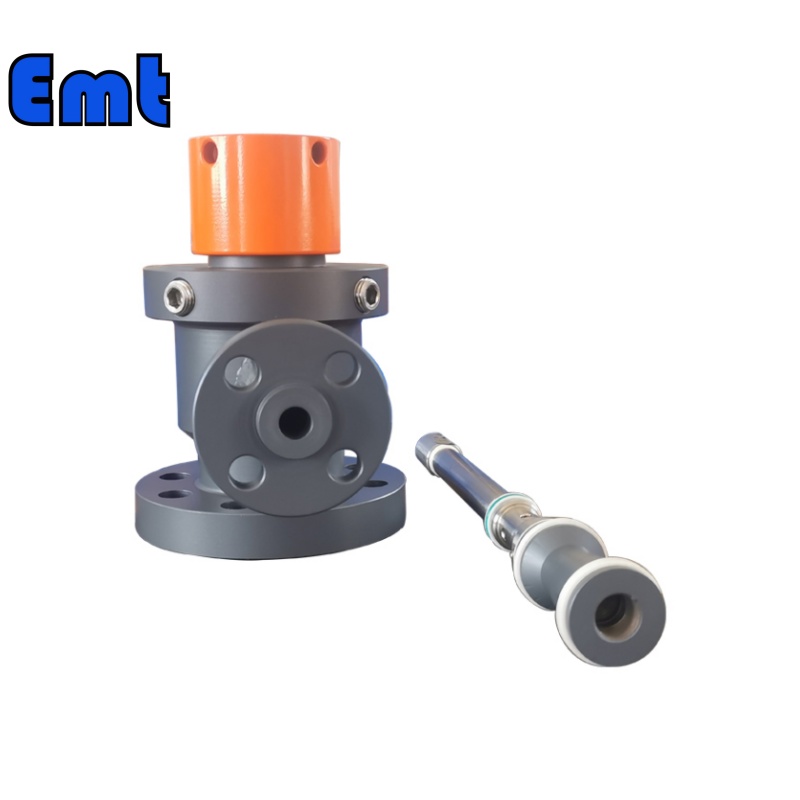
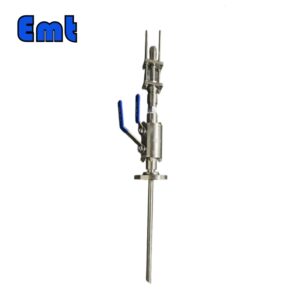
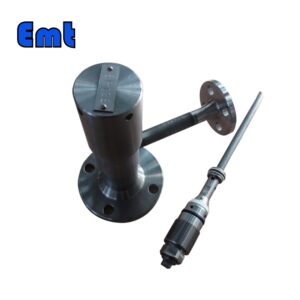
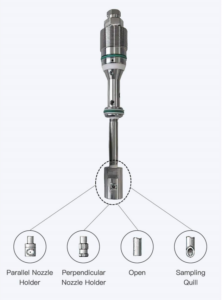
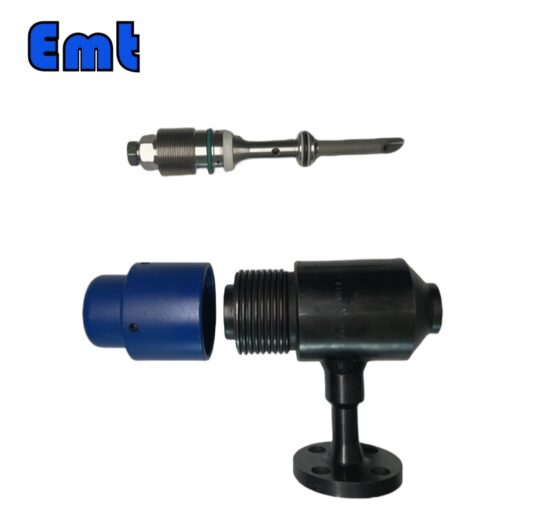
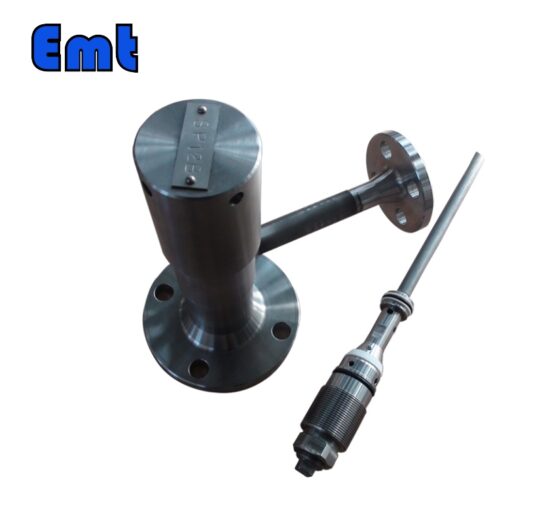
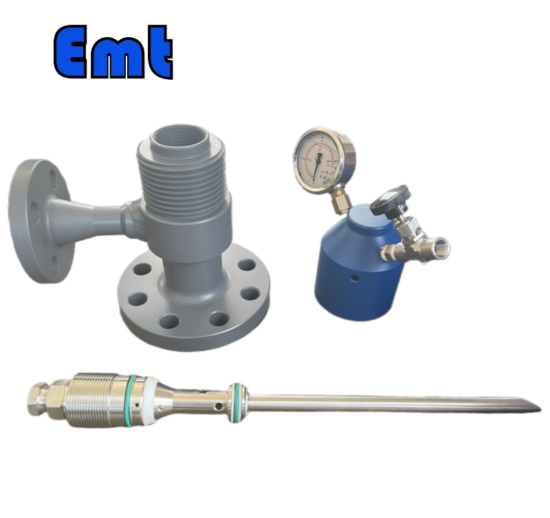
Отзывов пока нет.